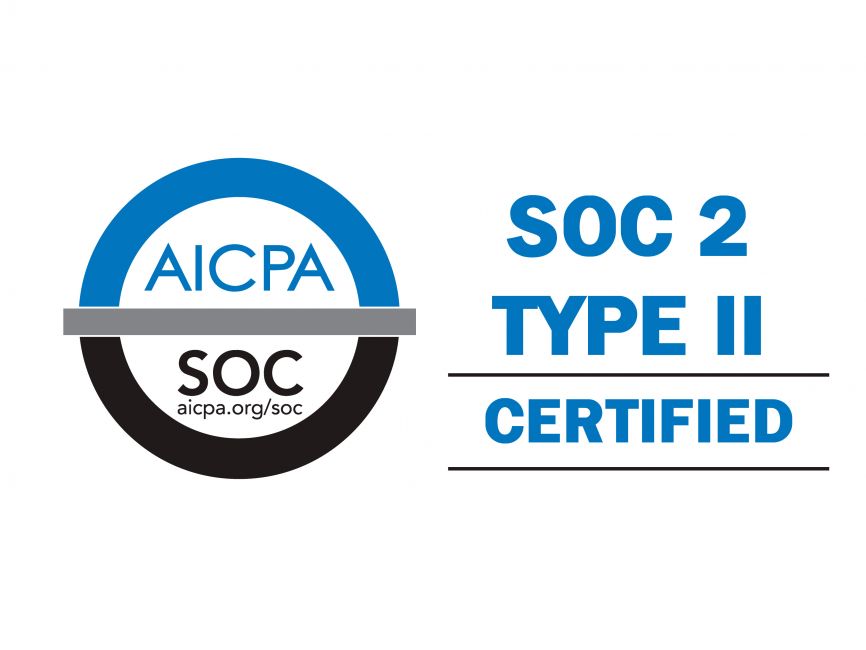Before the Affordable Care Act, health insurance companies could deny coverage on the basis of a pre-existing condition. Those with pre-existing conditions might have found themselves insured under State high risk pools.
Health insurance companies profit when members are in good health–they lose money when patrons are ill. Someone with a pre-existing condition, such as cancer or asthma, had no guarantee that health insurance company would write them a policy.
Why would a health insurance companies risk paying claims on someone with an expensive illness if it did not have to?
When all else failed, the applicant with the pre-existing condition could enroll in his or her state’s high risk pool. The health coverage was expensive, the wait times were long, and rosters were low. Many say that high-risk pools work poorly.
Many states continue to operate high risk pools, but this number was greatly reduced by the Affordable Care Act. Now, as part of Paul Ryan’s A Better Way Healthcare Initiative, Republicans are trying to revamp the High Risk Pools as part of their Obamacare alternative.
This time the high risk pools will operate more efficiently. Paul Ryan’s plan will supplement the funding of High Risk Pools to the tune of $25 Billion over 10 years. In addition, the wait times will be greatly reduced.
One of the main drivers of higher prices for health insurance under the Affordable Care Act is the rule against discriminating on the basis of pre-existing conditions. Many unhealthy people can now sign up for coverage through the Affordable Care Act, and the insurance companies can do nothing to stop them.
The Affordable Care Act is a piece of legislation that makes access to healthcare less of a privilege. However, this moral high ground is expensive to maintain, and most Americans are experiencing higher health insurance premiums as a result.
So why don’t we get rid of the pre-existing condition rule?
First of all, if the Affordable Care Act did anything, it allowed more Americans easier access to affordable healthcare. It made political figures both see that it is no longer acceptable to see healthcare as a privilege. Thus, any effort to scrap the pre-existing condition rule is dangerous political ground to tread.
However, you can add some fine print to the rule…
Under Speaker Paul Ryan’s new plan, those who are currently insured with pre-existing conditions won’t have a problem switiching health insurance plans. Those uninsured with pre-existing conditions could be forced to into the high risk pools.
In the early 2000s thriller, Verical Horizon, Maggie faces a real dilemma. In order to save her own life in a rock climbing accident, she decides to cut the rope holding up her father. The father falls to his death, but not before coaxing his daughter into making the tough choice.
Throwing shade onto the pre-exising condition rule is a tough choice. The rule was instrumental in breaking down the barriers that kept millions of Americans from previously seeking care. Yet the sickest people increase everyone’s health insurance costs–a sort of financial death for those who have minimal health insurance needs.
Going forward, those with pre-existing conditions will have access to healthcare. Those with pre-existing conditions won’t be able to buy the health insurance needed to maintain their day to day health. Instead these folks would qualify for the high risk pools or fall into other unforeseen coverage gaps.
One can argue that high risk pools don’t work. However, if high risk pools don’t work, then how come several states still implement these programs?
All in all, high risk pools are a health insurance taboo of sorts. These state funds extend coverage to those who need it, but the coverage is slim, non-comprehensive, and inefficiently run. Plus the premiums are significantly higher than other health insurance.
It keeps the sick people off of the dole of the private health insurance company; thus healthy members pay less for health expenses they don’t use.
So do we act like Maggie and vote to cut the cord? Voting to deny coverage to the uninsured with pre-exising conditions could save the insurance companies and the customers money. Any tax credit used to subsidize this expenditure–whether by age or by income–is money well spent.
Risk pools have been proven to be inefficient. Promises of more money and better care are part of Congressman Ryan’s plan. Can more funding ensure that those that need special care have access to the care that fits their needs? Are we waisting taxpayer’s money on a broken system?
Affordable access to health care is a platform enjoying wide bipartisan support. Let’s hope the risk pools are affordable for our sickest citizens.

